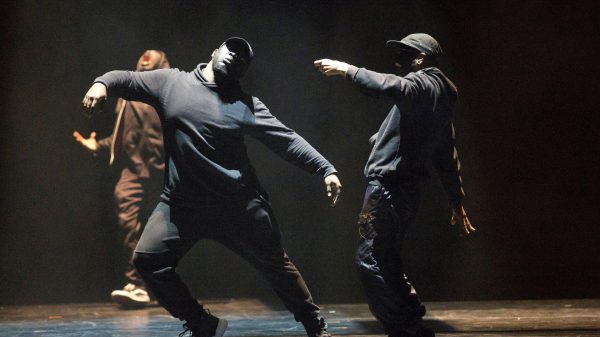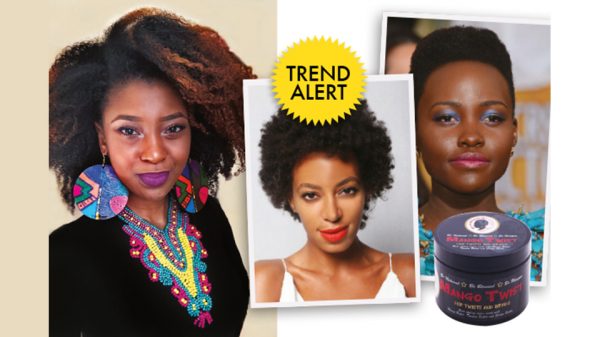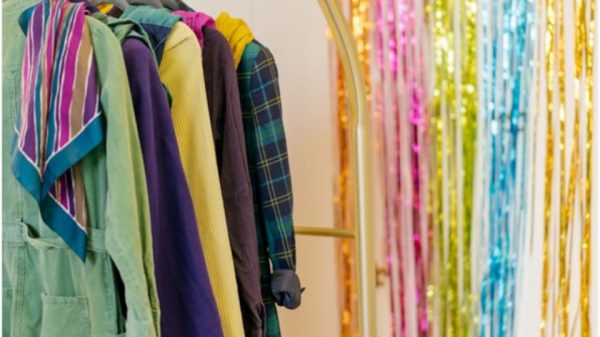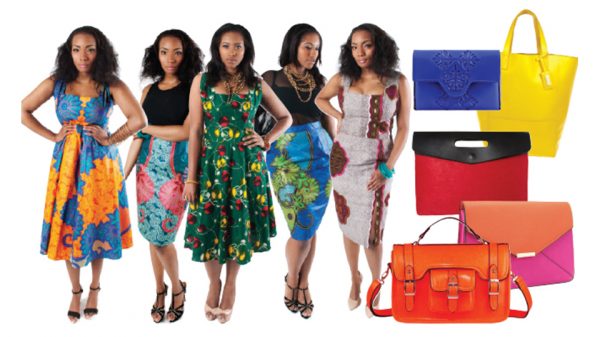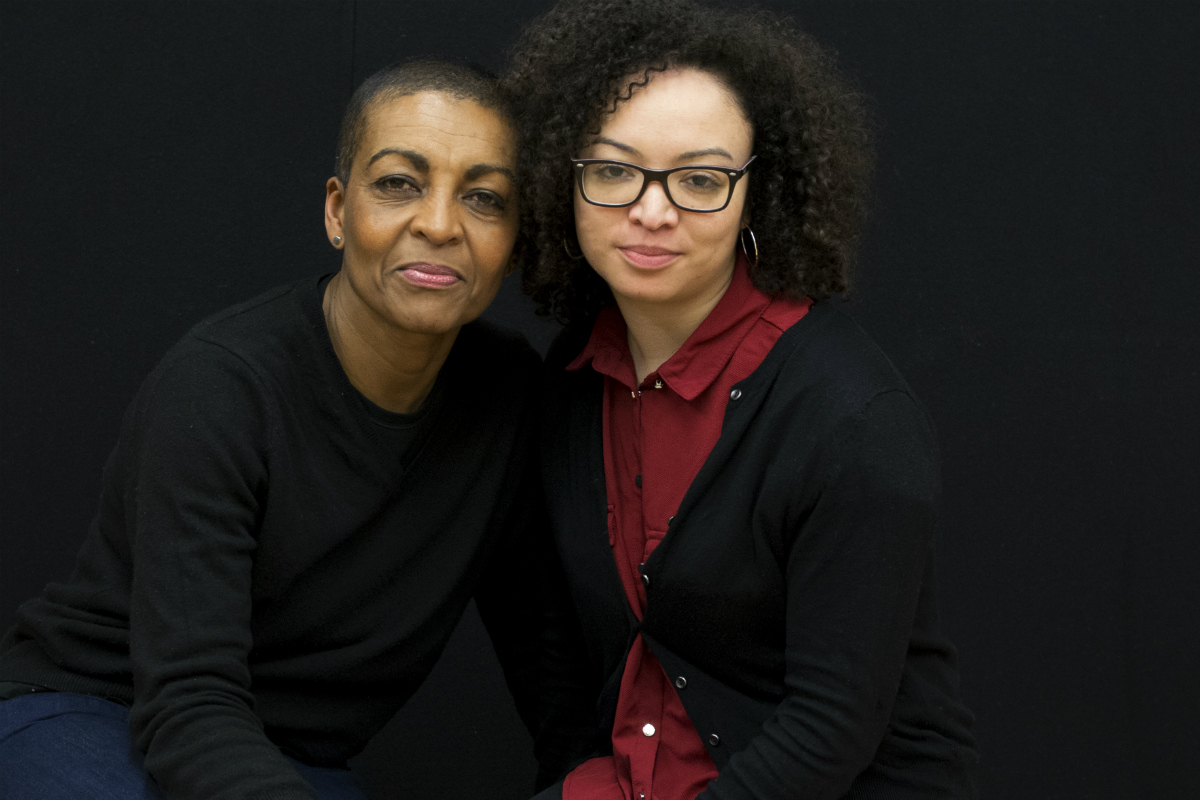Ever seen a production of Shakespeare completely led by women of colour? With Richard II, there’s something groundbreaking afoot; we speak to Adjoa Andoh and Lynette Linton about their co-directed play, currently at London’s Globe Theatre
When something is introduced with the phrase ‘like you’ve never seen it before’, too often it’s linked to an example that is underwhelming, or not as imaginative as you might hope. However, the Globe’s current production of Richard II is certainly something worthy of this distinction – as for the first time, it’s being portrayed by a company made solely from women of colour.
With Adjoa Andoh portraying the 14th century English king, as well as co-directing with Lynette Linton, Artistic Director of Bush Theatre, Richard II was already in impressive hands – but seeing women of colour take up the space of the Sam Wanamaker Playhouse is something truly special; the uniqueness, and the power of the experience is felt immediately.
Getting the ball rolling on this exciting project came out of a conversation that Adjoa Andoh had with Globe director Michelle Terry. She was asked whether she’d be interested in directing the play, and her condition that the role of Richard II be played by a woman of colour.
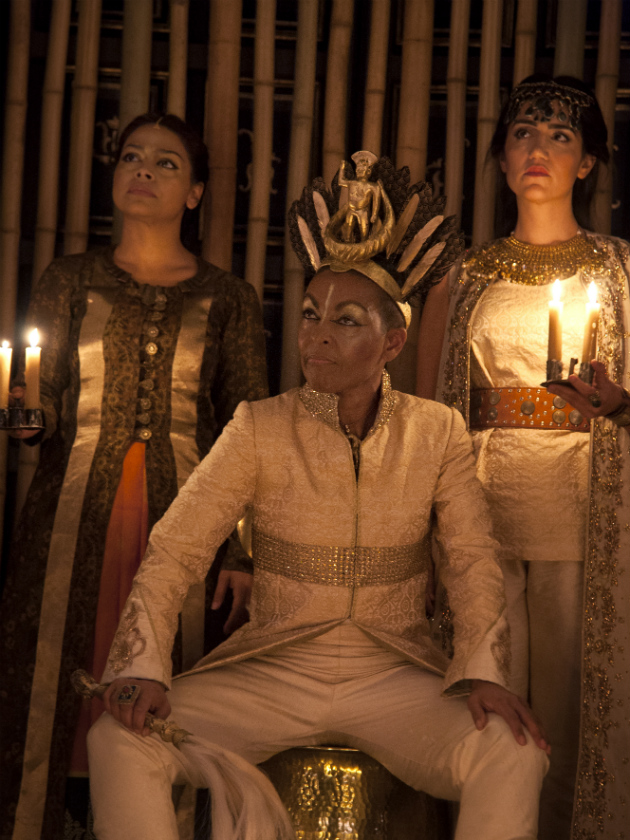
‘Michelle said “okay”, which is generous considering it’s never been done before, and this is a traditional theatre,’ Adjoa begins. ‘And then she said, “Who’s going to play your Richard?” I said’ – she scoffs comically – ‘“Me!” But I’m not mad, thinking I could do both alone, so I asked one of my best friends, who’s one of the best directors in the country and is also a woman of colour – Lynette!’
Having worked together previously, Adjoa and Lynette were both comfortable in the knowledge of each other’s strengths, and they set about working together to stage this story of an incompetent, ruling king facing increasingly sour critiques from his public. By the time this article is read, Britain’s status in the EU could have completely changed – but with Brexit just a touch away from everyone’s lips, there doesn’t seem to be a more perfect time to stage a play that is centred all around England, its government, and the chaos that ensues with conflicts of leadership.
‘It’s all about civil unrest, and who has power, and who runs the country, and what values we want,’ Adjoa explains. ‘The levels of poverty in this country, food banks – it’s all a conversation that’s going on in this play… about how poor people are starving and rich people, like the King, are wasting the country’s resources. On top of that, because of being a woman of colour, and an artist, feeling all those resonances with an extra dose of racism and sexism on top, it felt like a great time to go, “How about having the people who are generally at the bottom of the heap when it comes to Britain tell the story of this country?”’
Aside from Adjoa Andoh herself in the titular role, women with heritages from across the globe are seen on stage, with acting talents such as Sarah Niles, Ayesha Dharker, Dona Croll and Shobna Gulati giving strong performances in key roles. However, this breadth of culture isn’t restricted to who we see on stage. Whereas in other ‘diverse’ productions, the diversity is lacking when it comes to the scenes, Richard II is remarkable in that women of colour are represented at every level of the production: crew included.
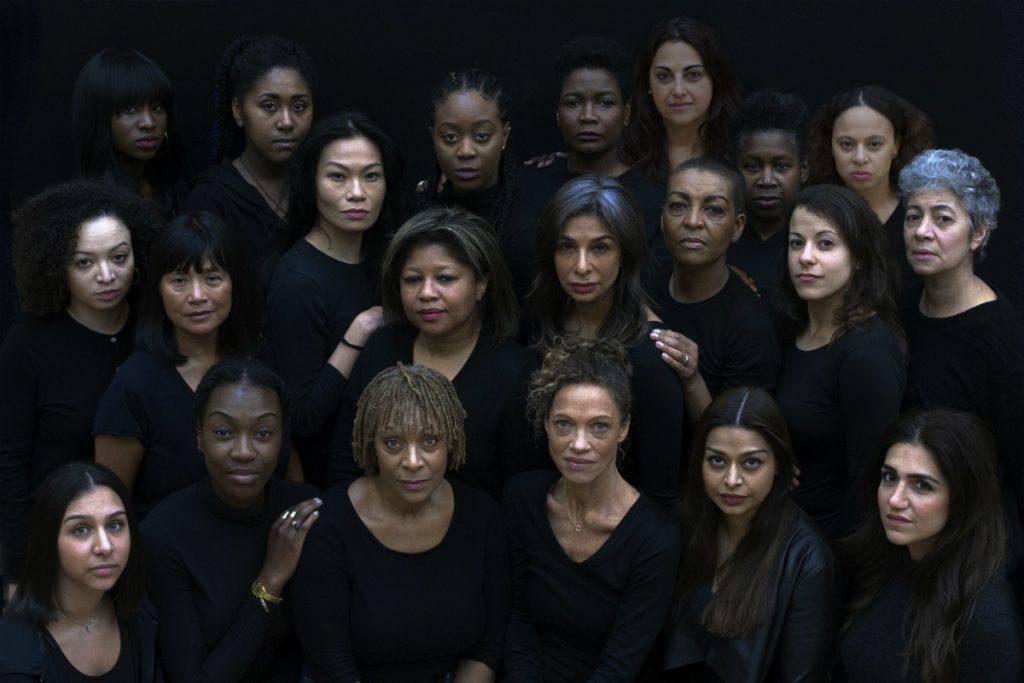
‘We made it a point of honour that the whole company is women of colour – stage management, fight director, voice coach, designer, composer, musicians, lighting designer… everyone,’ says Adjoa. (As if on cue, she then received a call from her Auntie Debbie, who’d also been enlisted on the team, as part of the costume department; being a Black Ghanaian woman, Auntie Debbie knew to account for her niece’s shape, rather than have it as an afterthought later.)
Across the industries, having an environment that is solely reserved for women of colour is a rare feat; when it comes to taking on Shakespeare at the Globe, it’s an entirely new story. When I ask what that experience feels like, Lynette confirms that it’s a freeing experience – there’s no need for the explanation of your choices of music, or your style of dress; it’s simply just the way it is. She also explains how, in their frank and open conversations about their cultures, heritages and their experiences in the world because of them, their camaraderie is seen in the play. ‘It’s really influenced and inspired the work – conversations about ancestors, you’ll see it in the space. You’ll feel that work and feel those vibrations, because it’s so important to what we are, and what we’ve made this country. I feel really proud sitting back and watching Adj on stage, because I can feel the ancestors and I can feel all of that.’
The power of having women of colour working together in this way is not lost on Adjoa, either – as for once, there’s not the pressure of having to represent everyone who looks like you through your own individual work. ‘On a political level, we’re saying people at the bottom of empire, get to tell the story. On an artistic and cultural level, we can give work to each other, which is beautiful. On an emotional and personal level, to be in that rehearsal room and not be the only one, because so often we’re the ‘only one’ – the only woman, or the only person of colour.
‘To say to people, “Don’t come in here and think you have to represent – you don’t have to. Just come and be an artist for once. Breathe out and do your work, and don’t feel that if you mess up, that means that all black women are rubbish at doing what you’re doing. Just come, and try, and be free, and be brave, and know that you’re being held and loved and supported in this space.”’
‘As women of colour, we get quite boxed into being a certain something from someone else’s judgement, which may have absolutely nothing to do with who we are’ – Adjoa Andoh
When many of us think of Shakespeare, it’s likely your mind will go directly to his most popular plays – works such as Romeo and Juliet, Hamlet and Macbeth have been staples in many of our consciousnesses since school days. With Richard II, there’s not this same sense of immediate familiarity; for many, this will be the first time they’re even hearing of the historical play, let alone seeing it be performed. And the fact that the association will now be one that links it to women of colour is not something that the co-directors take for granted; it’s something that thrills them, in that so much of it ends up being resonant for Black women and women of colour.
‘The big [theme in this play] is about identity: Richard II doesn’t know why he should be king; he was born into it, but is he fit for it? What happens to people who don’t get the chance to live the lives they were built for, because of other people’s judgements of who they are? That thing about ‘Who am I? What am I?’ – I feel quite often that as women of colour, we get quite boxed into being a certain something from someone else’s judgement, which may have absolutely nothing to do with who we are, what we’re good at, what our character’s like, our values… In this play we’re not doing genders or any of that stuff. Come and see people, and think about how free you are in your own life to be your own person.
‘I think it’s exciting that this isn’t the familiar Shakespeare play,’ Lynette continues, ‘because you can come in and experience something brand new, and told from a perspective that you might not have seen before. Even my sister phoned me and was like, “I’m scared about this one, I don’t know if I’m gonna understand it!” It’s okay to be scared, or if you’re someone who hasn’t been to the Globe before, or who wouldn’t come to see a Shakespeare show. Come and see this story in this way, and take what you will from it.’
Richard II plays at the Sam Wanamaker Playhouse, The Globe, London until 21 April 2019. For tickets and further info: www.shakespearesglobe.com







